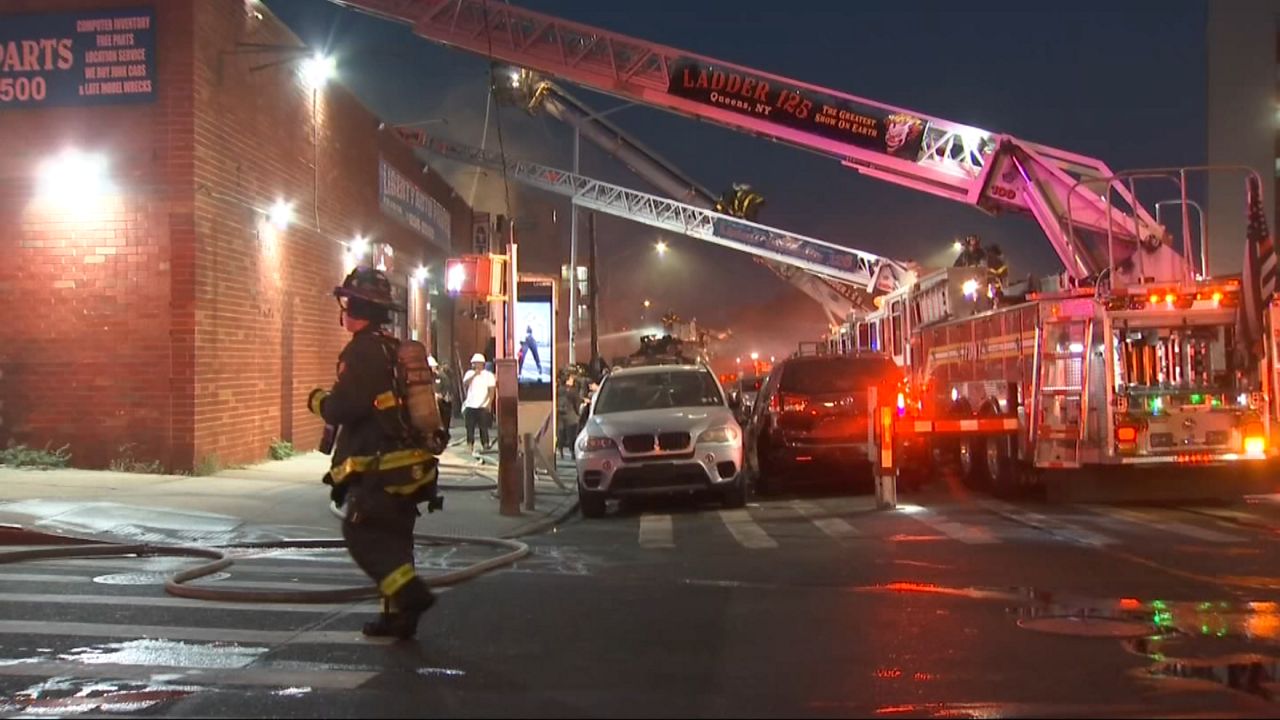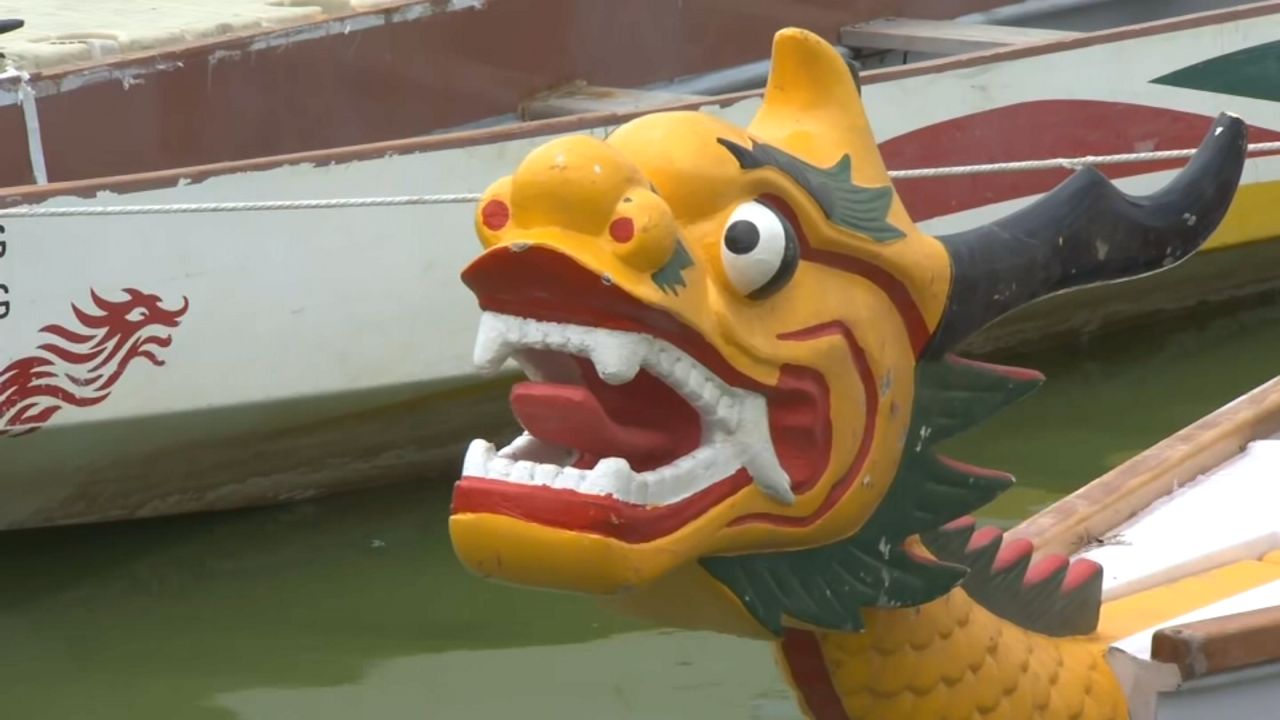It's a more-than-11-acre oasis in Jamaica, Queens: Rufus King Park. The centerpiece is the one-time home of a man who sometimes gets lost in the shuffle when it comes to the founding fathers of the United States.
"He's been kind of laid to the wayside for maybe more scandoulus figures, but he was really important, and we are really glad to have his house preserved and tell the story to people in the neighborhood, and we are on layover from JFK, so a lot of people come visit us from around the world," said Kelsey Brow, executive director of the King Manor Museum.
The King Manor Museum at 153rd Street and Jamaica Avenue was home to Rufus King, a Revolutionary War veteran who was a framer of the constitution, a U.S. senator, an ambassador and a leader in the early anti-slavery movement.
Originally built in the 18th Century, King expanded the house when he bought the residence in 1805.
The home is owned by the city, operated and programmed by the King Manor Association of Long Island. It opened as a museum in 1900.
"We are the second-longest running historic house museum in New York City," Brow said. "Van Cortlandt in the Bronx has us beat by just a little bit."
The museum welcomes school groups and walk in tours, as well as hosting concerts and festivals. Visitors can learn about life here in the 1800s. The family ran a working farm on the property, which was at one point more than 150 acres.
King's son John followed in his footsteps as a statesman, serving in congress and becoming Governor of New York, fighting for the arrest of men who seized free black New Yorkers and sold them into slavery. It's the story of a family that embraced individual freedom.
"What we do that's the most important is, we use Rufus King's story to foster critical thinking. Why did Rufus King believe that slavery was wrong, at a time when a third of the people in this neighborhood were enslaved?" Brow said. "So he really was an anomaly for his time."









